When the protests against the rigged presidential elections started in August 2020, ‘soundwalk’ felt an appropriate concept to use while making field recordings at the streets. That’s how ‘Political Soundwalks’ was created – an archive of field recordings I made at demonstrations, rallies, DIY concerts, poetry readings, theater performances, guided historical tours and other forms of sonic and cultural resistance to the dictatorship. (http://soundcloud.com/political_soundwalks)
There were no Covid-lockdowns in Belarus, but walking in the streets at ‘the wrong time / wrong place’, the very act of coming out of your house is political and can have dramatic consequences – arrest, fine, beating, even death.
‘I’m walking!’ – said the 74 year old symbol of the Belarusian protest, Nina Bahinskaja, to the riot policemen that urged her to go away.
‘I’m coming out!’ – were the last words of a 31 year old Raman (Roma) Bandarenka, who has died in November 2020 after he was beaten by the pro-state vigilante. ‘Roma, we’ve came out!” – were our words when we guarded his memorial from the encroaching enforcers and when, instead of the massive street marches, we’ve turned to smaller neighbourhood actions – fast, flexible but more risky.
In this audio-essay you’ll hear how Minsk sounded during the political protests of 2020-2021, how the protesters and the state are fighting for the space with voices, noises and music. The field recordings are the starting points for a discussion on the multifaceted role of sound in claiming the urban and political space in Belarus.
Trigger warning: This audio contains loud sounds of flashbang grenades explosions, people shouting and loud music. Please do not listen to this work, if you’re sensitive to such sounds or have traumatic experiences associated with them.
Music, poems and TV reports recorded at various locations in Minsk are used here for research purposes according to the ‘fair use’ principle:
03:53 – ‘My Biełarusy’ (the State Anthem of the Republic of Belarus)
04:25, 05:10 – Anatol Yarmolenka & Victoria Aleshko (?) ‘Sineokaya’ (‘The Blue-Eyed’)
09:00 – Viktor Tsoy – ‘My zhdyom peremen!’ (‘We are waiting for changes!’)
09:40 – Dzivasil – unknown track
10:10 – Dzivasil – unknown track
14:31 – Paŭlina Skurko reads a poem by Vasil Vitka
15:17 – unknown girl from Donbas reads a poem by an unknown author
16:52, 17:58 – Uładź Lankievič reads his poems
19:10 – Sveta Ben & RSP sound check
19:40 – Sveta Ben & RSP – “Angel”
21:55, 24:16 – Euronews TV reports, November 2020
Political Soundwalks (Belarus, 2020-2021)
CC-BY-NC: Pavel Niakhayeu
|
Credits
Hosted by: Walking as a Question
APA style reference
Related

Walking as a Question, crossing walking, writing and listening
Some years ago Kristine Samson und Sanne Krogh Grogh proposed the Audio Paper bringing together audio, performance and text in a new and hybrid format. This concept was extended into a new form of audio walk, during the Walking Arts Encounters / Conference in Prespa. Writers of these audio papers are invited to talk at this Walk Listen Café.


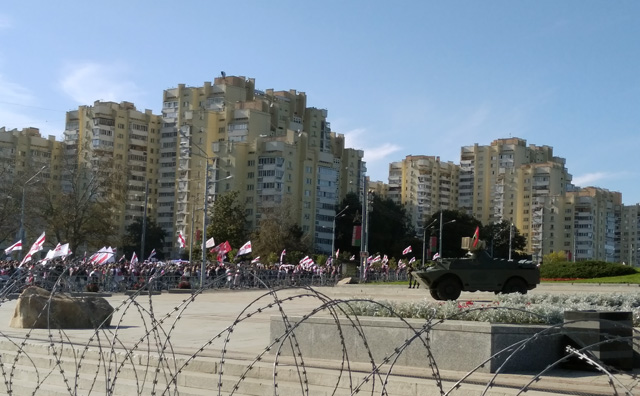
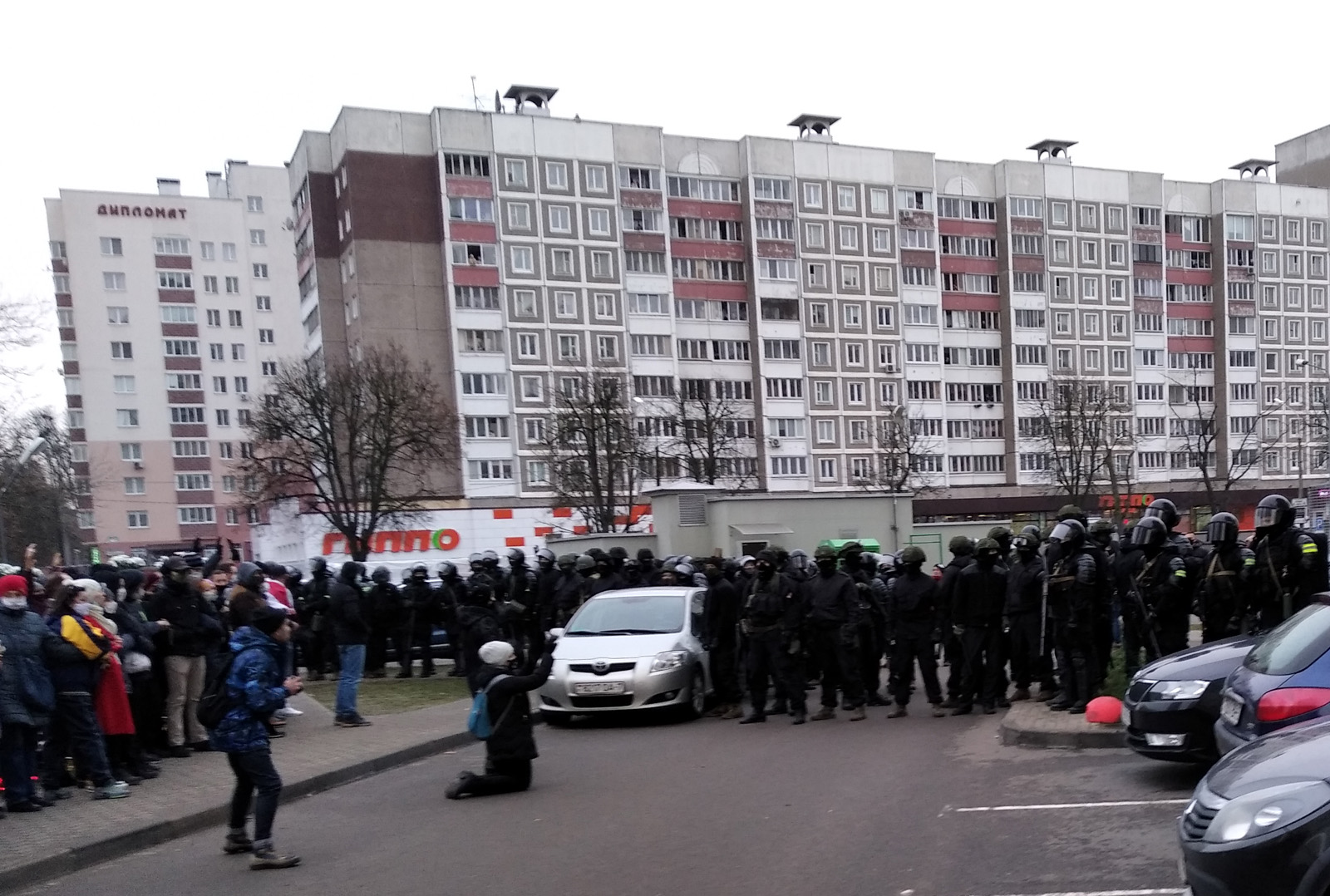

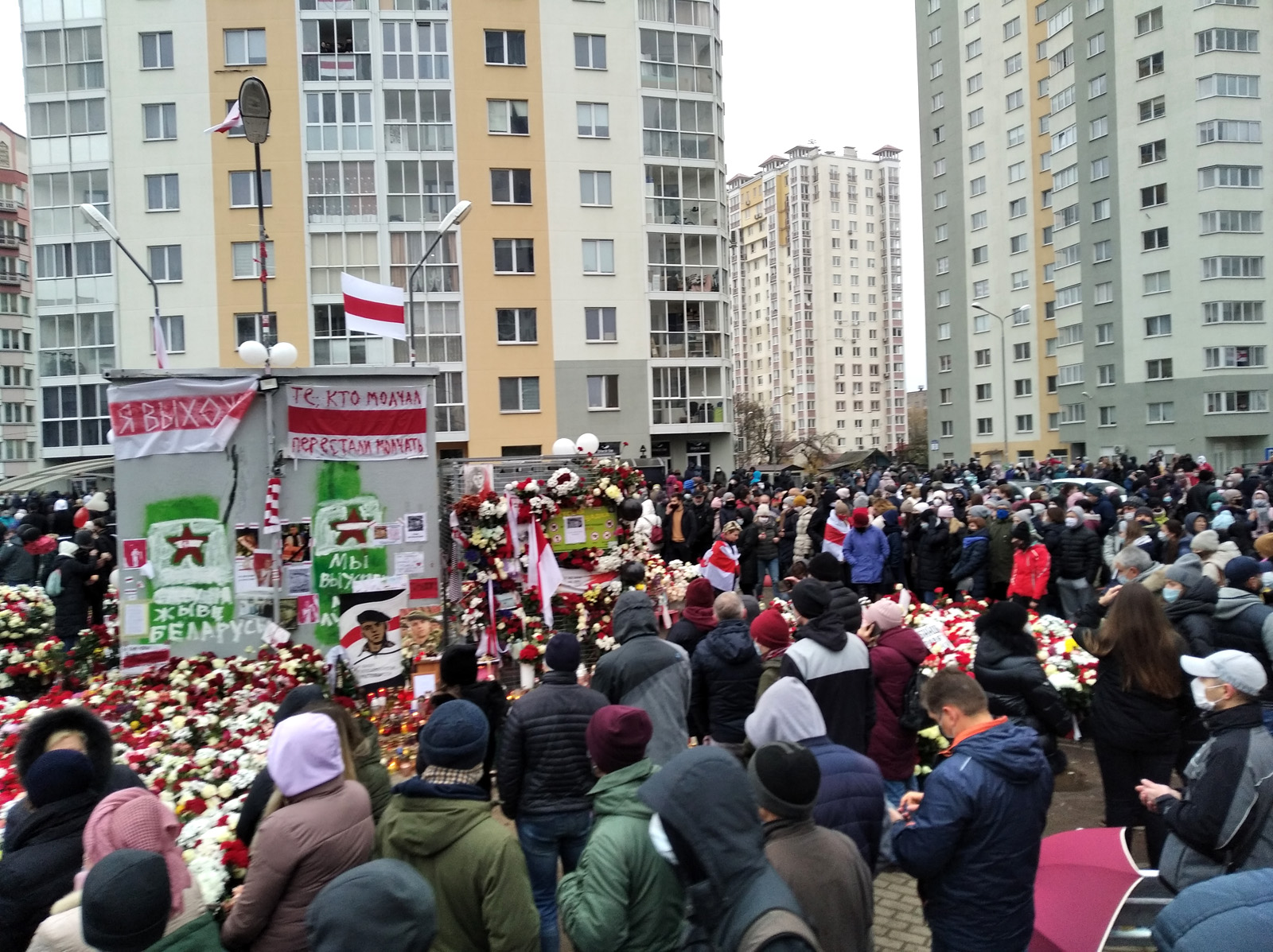

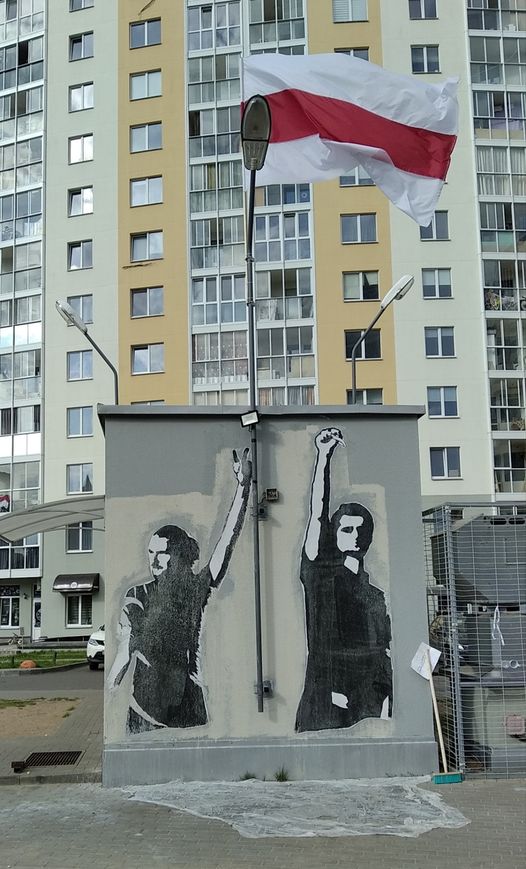

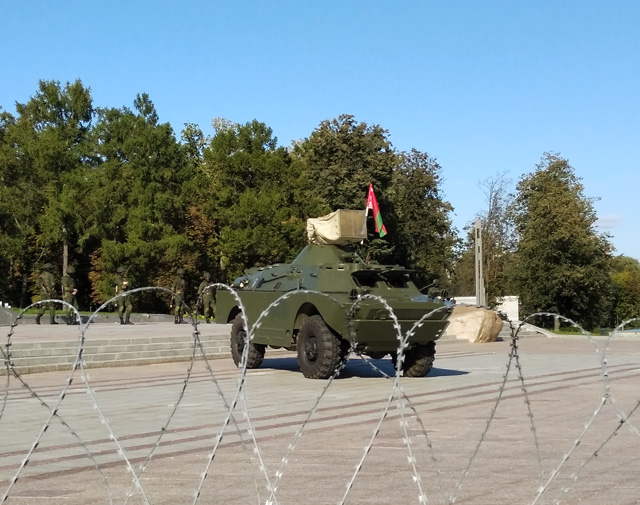

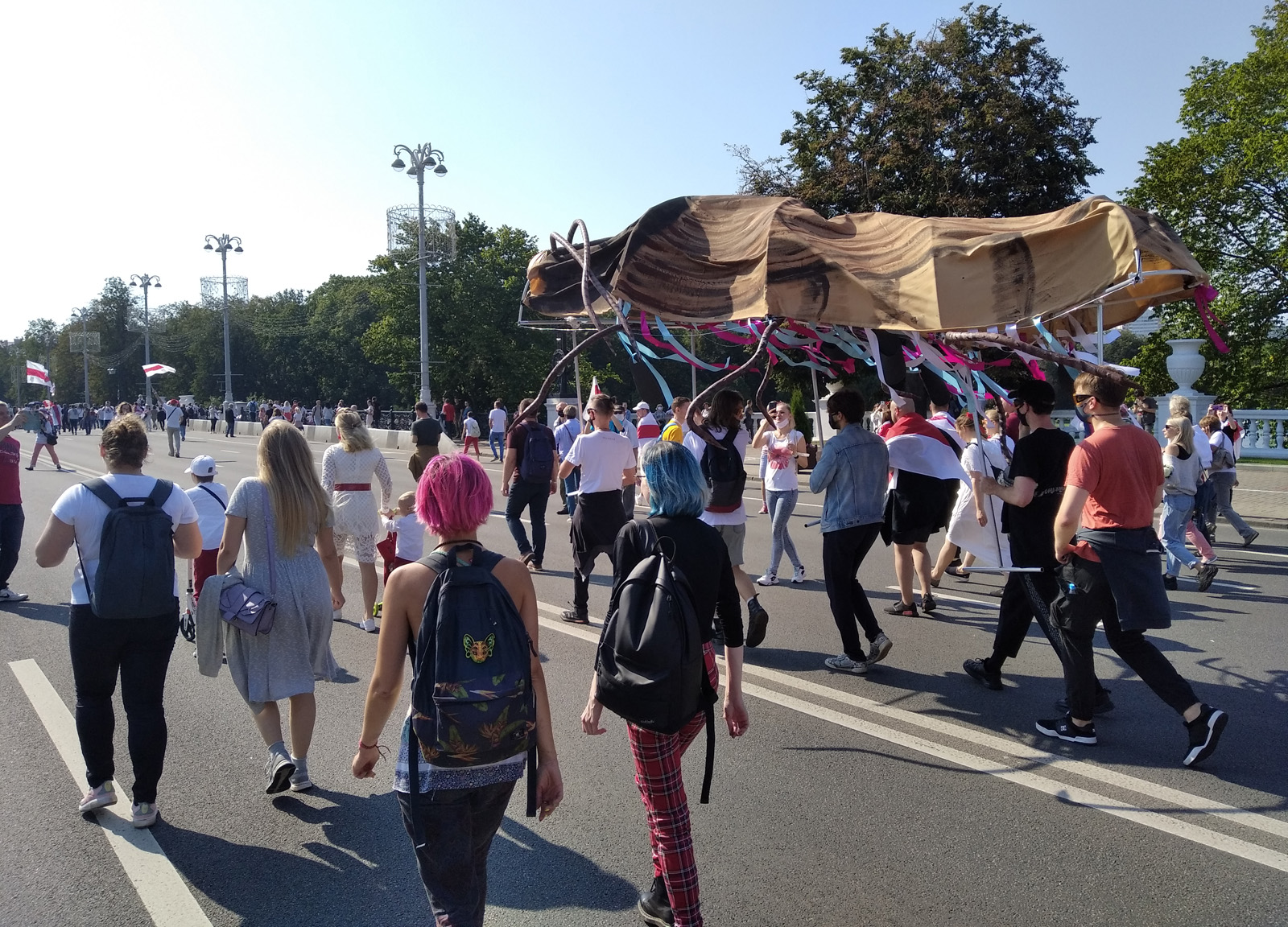

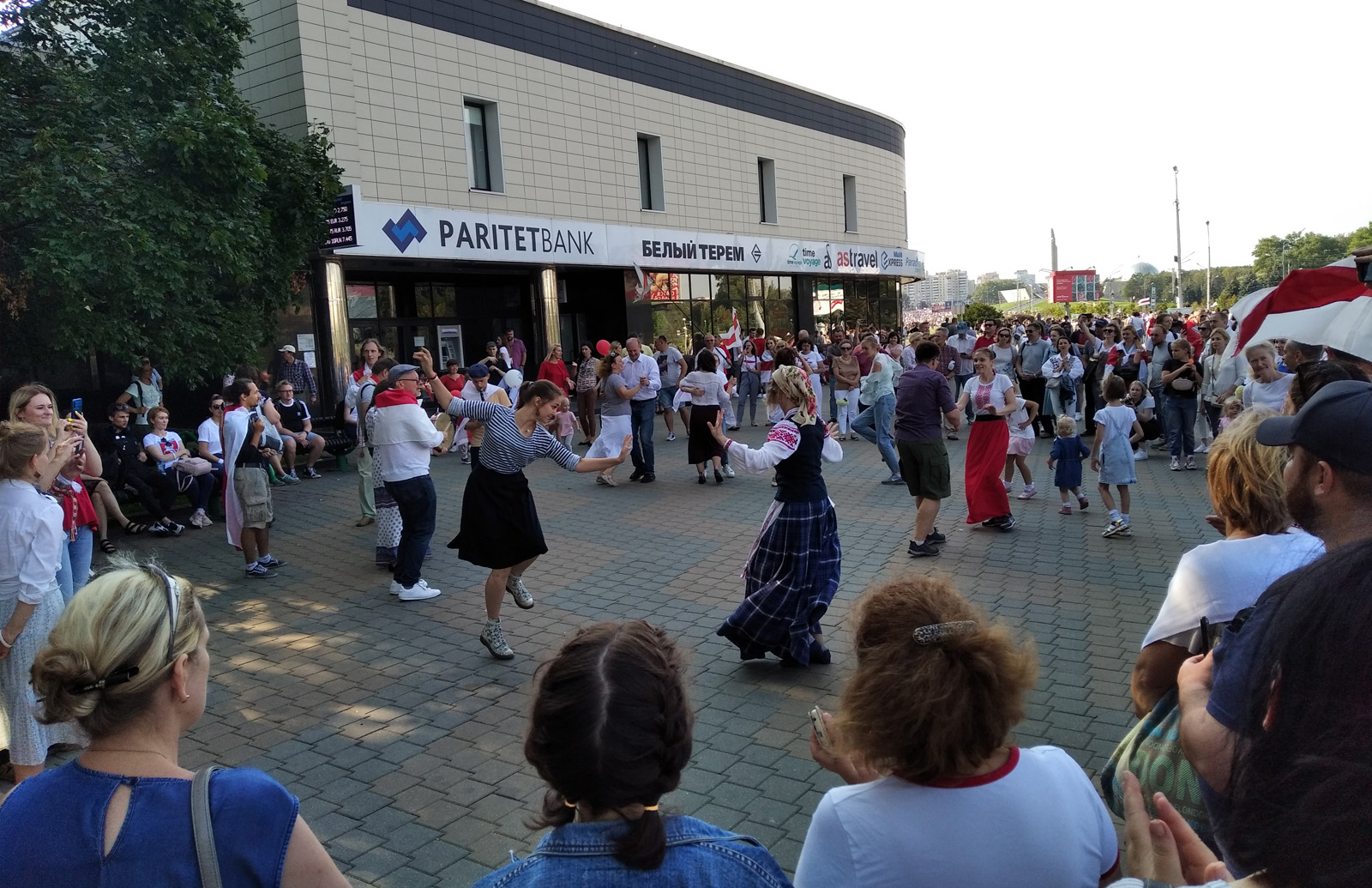

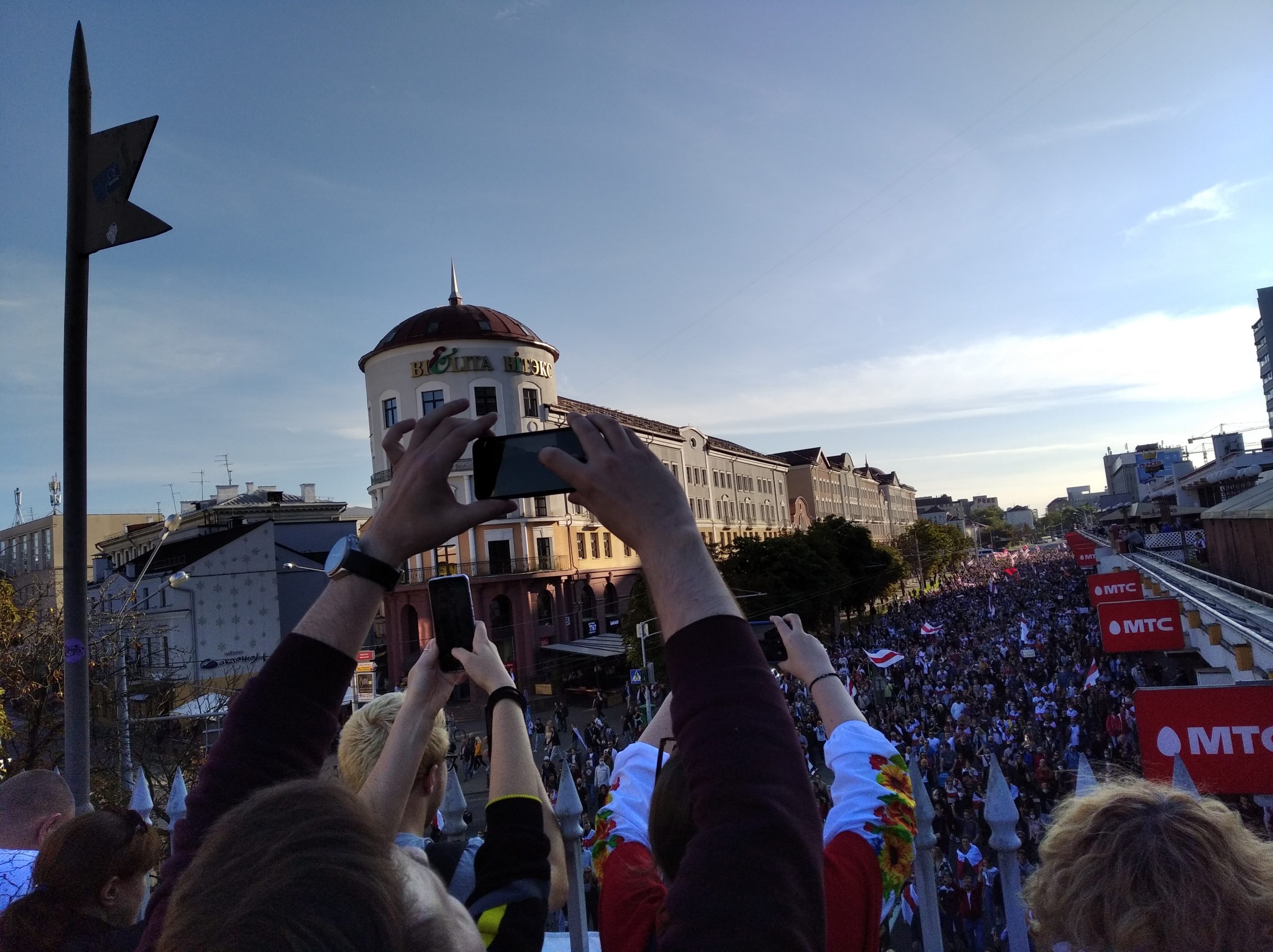

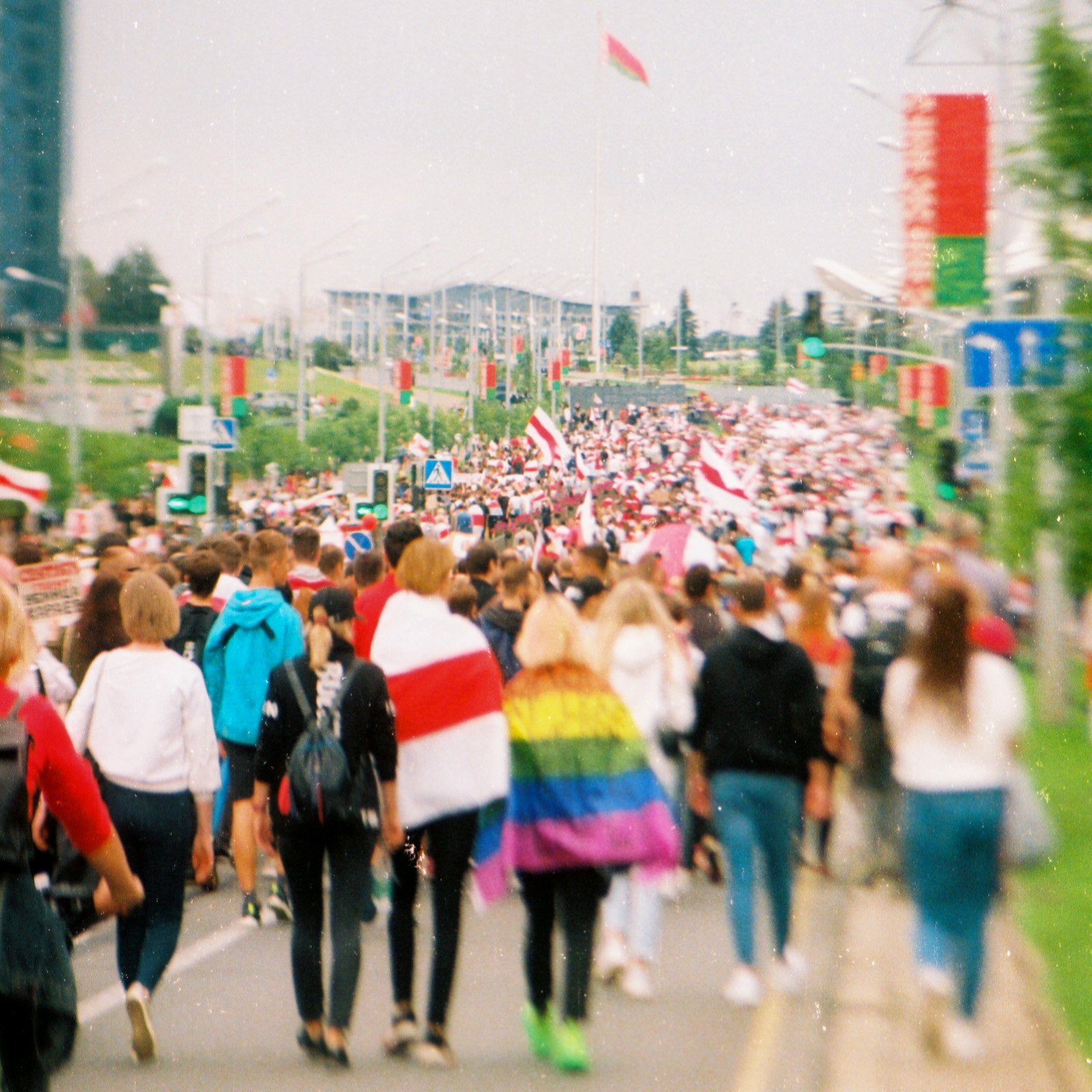

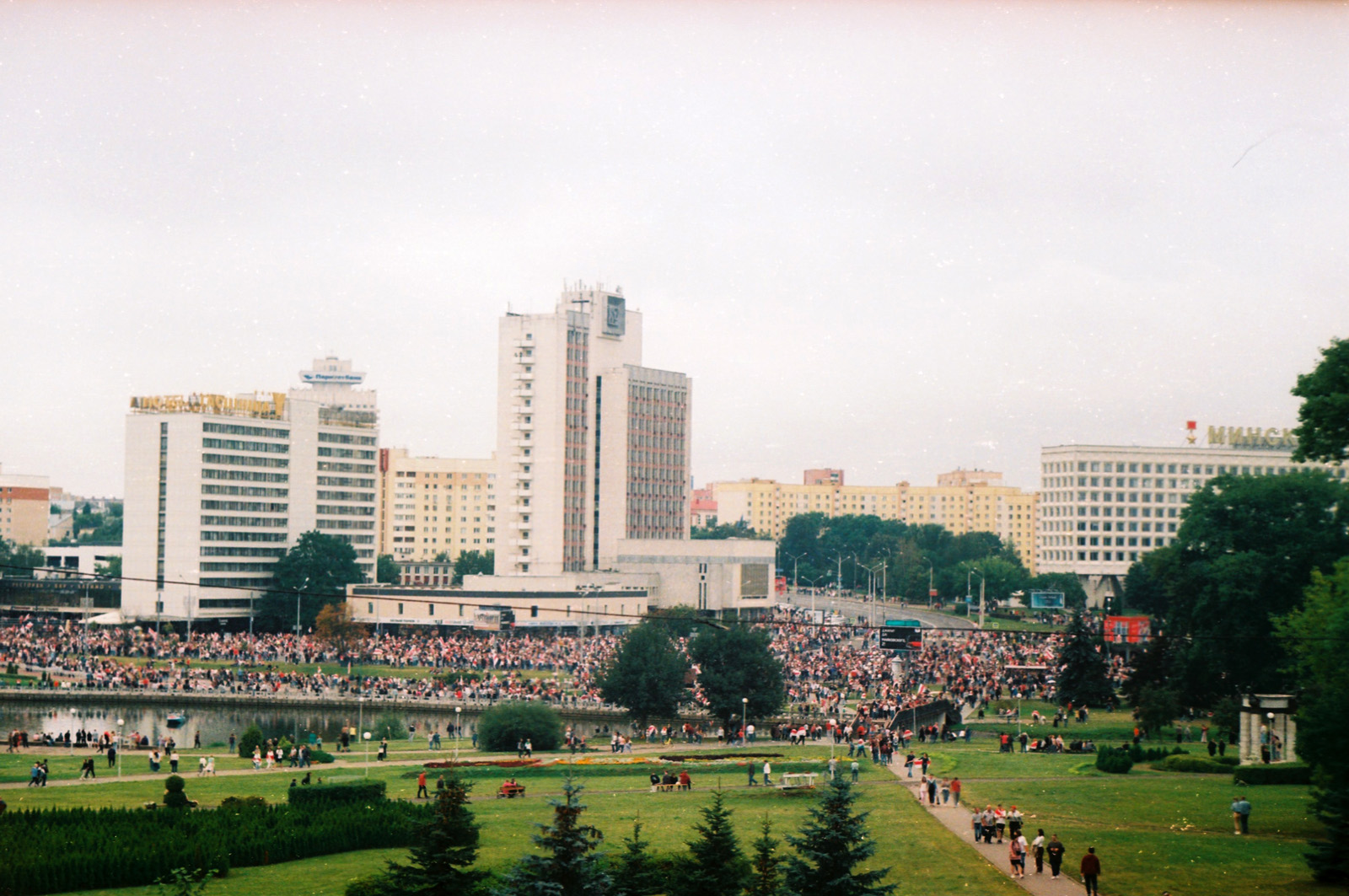

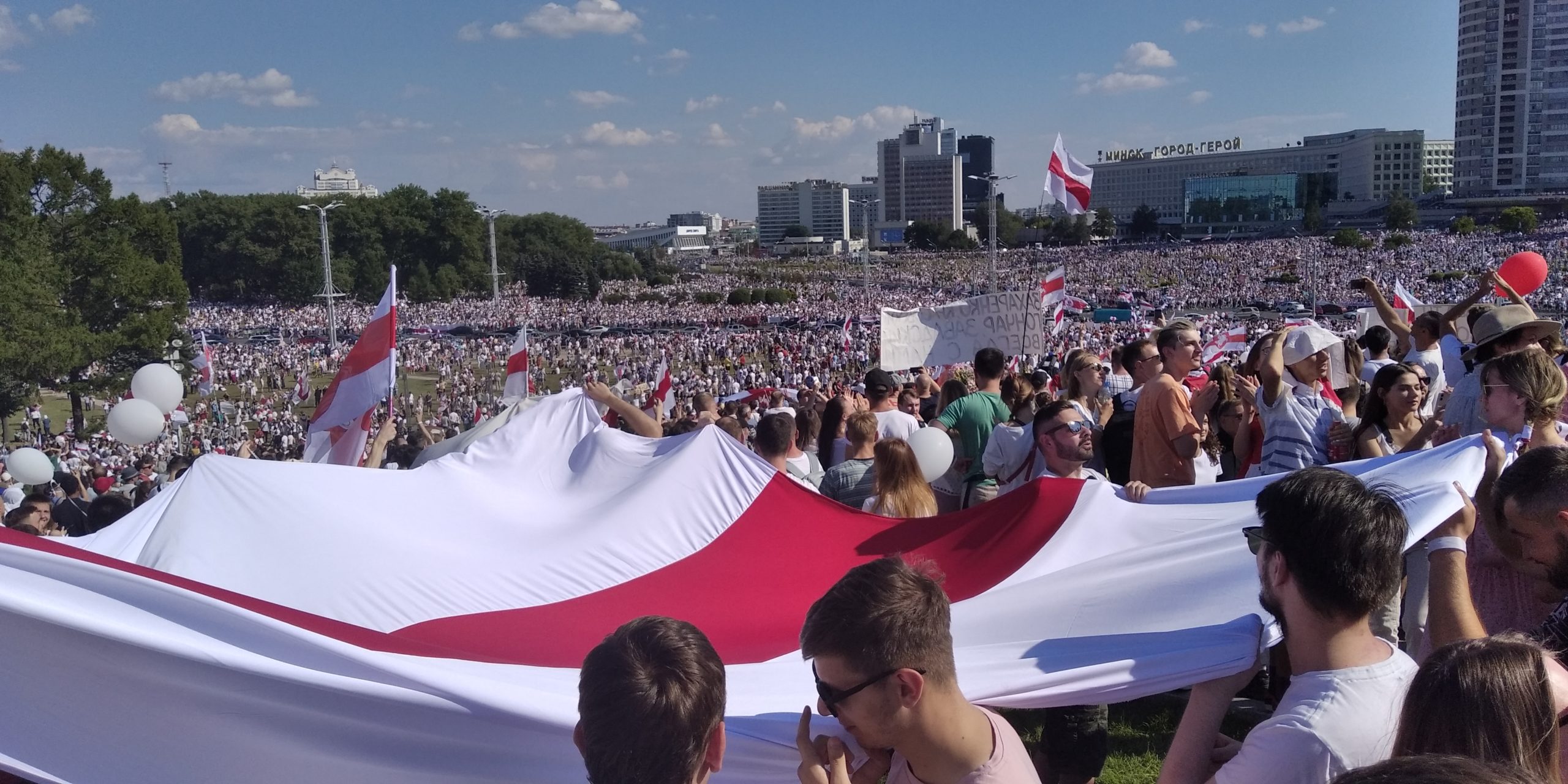

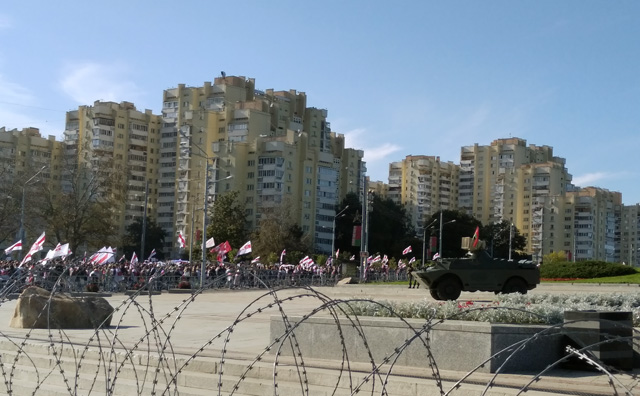



One thought on “Political Soundwalks: listening to the political protests in Minsk, Belarus”